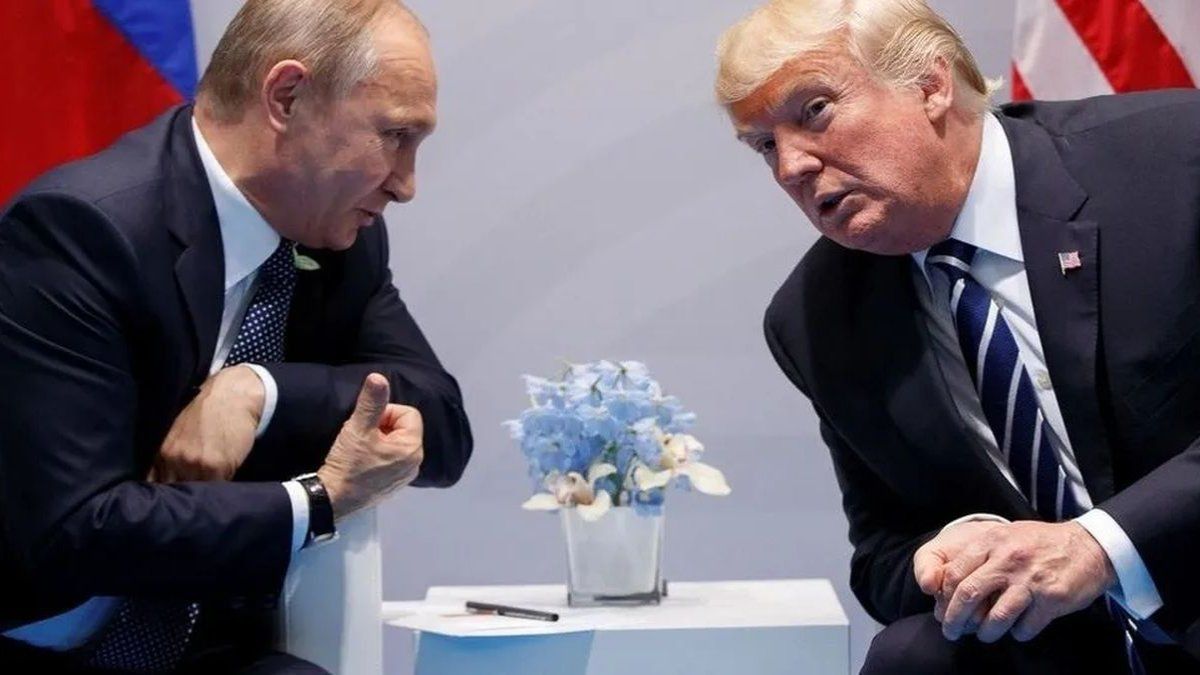A lot has happened in the EU in terms of wind and solar energy since the last European elections. According to a survey, German households are convinced that the energy transition is strengthening Europe’s economy.
The expansion of wind and solar energy in the EU has made significant progress since the last European elections. From 2019 to 2023, wind and solar capacity increased by 65 percent, as a report published by the think tank Ember shows. Germany contributed the most to this development among the member states. A majority of households in Germany are convinced that the energy transition will strengthen Europe’s economy, as a survey commissioned by the German Energy and Water Industry Association (BDEW) shows.
According to Ember, 22 percent of the increase in EU capacity for wind and solar energy came from Germany, followed by Spain (13 percent). “While these two countries led the way, great progress was made across the region,” the report says. More than half of the 27 EU member states at least doubled their wind and solar capacity during the period.
Why the energy structure in Europe is changing
The EU energy sector has changed significantly since 2019, the think tank said. “Ambitious, world-leading climate policies combined with targeted action to move away from Russian gas have consolidated into real and sustainable momentum,” said Ember expert Sarah Brown.
The current President of the EU Commission, Ursula von der Leyen, launched the so-called Green Deal 2019 in 2019. The EU aims to become climate neutral by 2050. The strategy includes measures in various areas such as energy, transport, industry and agriculture. In addition, the energy crisis following the Russian war of aggression against Ukraine in 2022 also led to a faster expansion of renewable energies. The EU is trying to become more independent of Russian gas.
Expansion of solar energy stands out
The expansion of solar energy in particular stands out. From 2019 to 2023, solar capacity more than doubled, reaching 257 gigawatts last year. “This corresponds to the installation of more than 230,000 solar modules per day in these four years,” it says. Wind capacity increased by almost a third to 219 gigawatts in the same period. This means that the share of wind and solar energy in EU electricity increased from 17 percent in 2019 to 27 percent in 2023.
Survey on the energy transition in the EU among households in Germany
According to the survey for the BDEW, around 51 percent of households in Germany were of the opinion that the energy transition would make Europe a leader in energy technologies and ensure increasing exports. 30 percent, however, believed that the energy transition would worsen Europe’s competitive situation. On the occasion of the European elections, the market research institute Prolytics surveyed 1,200 households in Germany in May.
According to BDEW, respondents were divided on the impact of European cooperation on energy costs. According to 36 percent of respondents, closer cooperation in Europe on energy will lead to lower energy costs. However, 31 percent feared rising energy costs. 22 percent believed that closer cooperation would have no impact on energy costs.
Source: Stern




